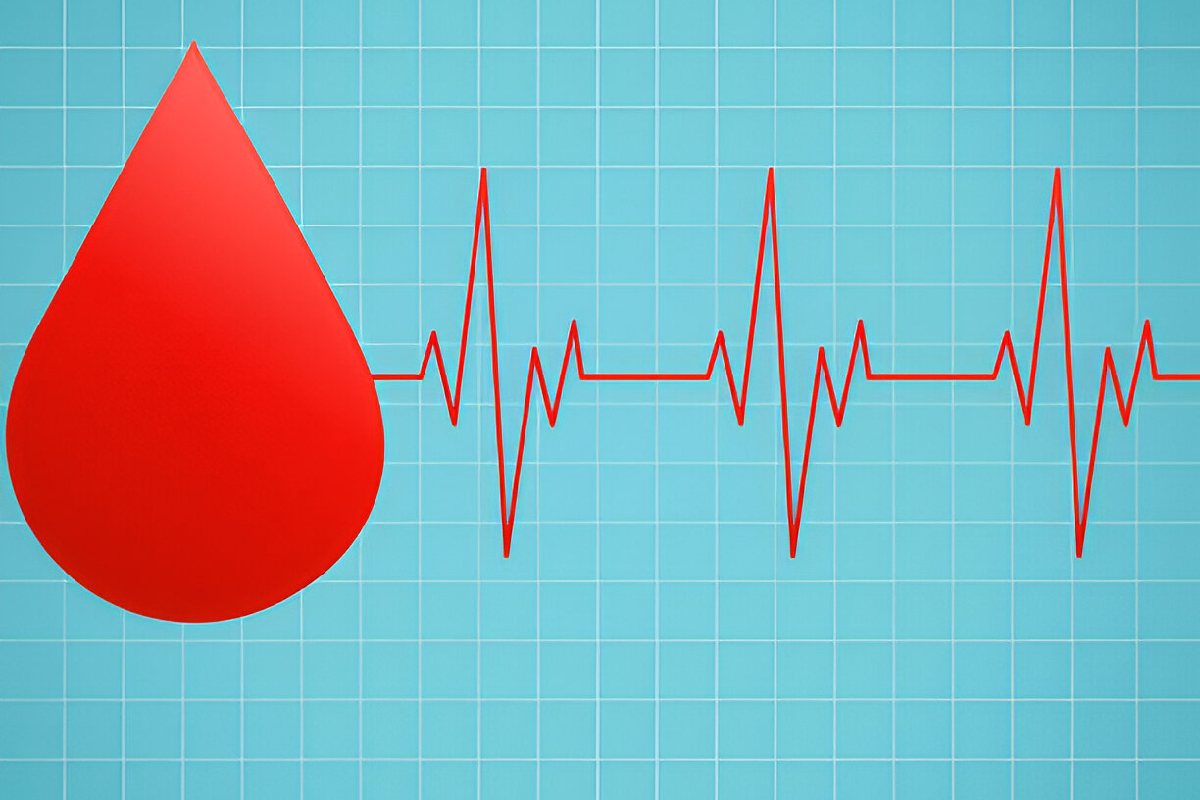Maintaining optimal blood oxygen levels is crucial for the proper functioning of your body and ensuring your cells receive enough oxygen to thrive. When your oxygen levels are low, you may feel fatigued, short of breath, or even lightheaded. Luckily, there are natural ways to improve oxygen levels in your blood, leading to enhanced overall well-being and vitality. In this article, we will discuss how you can boost blood oxygen levels using practical and easy lifestyle modifications.
Table of Contents
Understanding Blood Oxygen Levels
Blood oxygen levels are a measure of how much oxygen your red blood cells carry. The ideal level should be between 95% and 100%, measured using a pulse oximeter. When levels drop below the recommended range, symptoms like fatigue, confusion, or labored breathing can arise. Chronically low levels may indicate underlying health issues such as anemia or respiratory conditions.
Benefits of Boosting Blood Oxygen Levels
Improving blood oxygen levels has numerous health benefits, including:
- Enhanced Energy Levels: Oxygen helps break down nutrients into energy, helping you feel more energetic.
- Improved Mental Clarity: Higher oxygen levels promote better brain function, leading to sharper focus and increased productivity.
- Better Immune Function: Oxygen plays a role in maintaining a healthy immune response, supporting your body in warding off infections.
- Improved Exercise Performance: Athletes who ensure optimal blood oxygen levels often find they have increased stamina and endurance.
Natural Ways to Boost Blood Oxygen Levels
If you want to naturally enhance the oxygen level in your blood, consider these methods:
1. Breathing Exercises and Deep Breathing
Practicing deep breathing exercises can help improve your lung capacity and increase the amount of oxygen your body absorbs. One of the simplest exercises to try is diaphragmatic breathing:
- Lie down on your back or sit comfortably.
- Place one hand on your chest and the other on your abdomen.
- Inhale deeply through your nose, allowing your diaphragm (not your chest) to expand.
- Exhale slowly through your mouth.
Doing this for 5-10 minutes daily can enhance your lung function and boost your blood oxygen levels over time.
2. Get Fresh Air
Spending time outdoors, especially in areas with plenty of green space, can help increase your body’s oxygen intake. Parks and forests are often better sources of fresh oxygen compared to urban environments. Take time each day to go outside, whether for a walk or some light exercises, to improve your blood oxygen saturation.
3. Exercise Regularly
Regular exercise is one of the best ways to improve your oxygen levels. Cardiovascular exercises like jogging, cycling, or even brisk walking increase your heart rate and promote better blood circulation, which means more oxygen reaches your organs and muscles.
- Cardio Workouts: These workouts, such as jogging, swimming, or cycling, strengthen your lungs and heart, which improves oxygen delivery.
- Strength Training: Engaging in strength training also increases overall fitness, and when combined with cardio, it optimizes oxygen absorption.
4. Maintain Good Posture
Believe it or not, slouching can reduce the efficiency of your lungs. Poor posture compresses your lungs, which prevents them from expanding fully, reducing oxygen intake. Simple changes like sitting up straight, standing tall, and even doing yoga can make a big difference in improving your oxygenation.
5. Use Indoor Plants
Plants purify indoor air, removing toxins and increasing oxygen levels. Adding plants like peace lilies, snake plants, or aloe vera to your home or office can improve the air quality, making it easier for your body to get the oxygen it needs.
6. Drink Plenty of Water
Hydration is key to maintaining healthy blood circulation. The better your circulation, the more efficient your body is at transporting oxygen to cells and tissues. Make sure you drink enough water throughout the day to support efficient oxygen delivery.
7. Eat Iron-Rich Foods
Low iron levels can lead to anemia, a condition where your blood cannot carry enough oxygen. Consuming iron-rich foods such as spinach, lentils, quinoa, and lean meats can help boost your body’s oxygen-carrying capacity. Additionally, foods high in vitamin C aid in iron absorption, further supporting improved blood oxygen levels.
- Leafy Greens: Spinach, kale, and collard greens are great sources of iron.
- Legumes: Beans, lentils, and chickpeas provide iron and help boost oxygen.
- Vitamin C Rich Fruits: Oranges, strawberries, and kiwi aid in the absorption of plant-based iron sources.
How Do You Know if Your Blood Oxygen Levels Need Improvement?
You can measure your blood oxygen level using a pulse oximeter, a small device that clips onto your finger. Symptoms of low blood oxygen can include:
- Persistent fatigue
- Shortness of breath
- Chest discomfort
- Rapid heartbeat
If you experience any of these symptoms regularly, it’s a good idea to check with a healthcare provider.
Conclusion
Boosting blood oxygen levels naturally can lead to improved energy, better physical performance, and enhanced overall health. By incorporating breathing exercises, regular outdoor activity, exercise, and a balanced diet rich in iron, you can take proactive steps to maintain optimal oxygen levels. Small, consistent lifestyle changes can go a long way in helping you feel your best.
Taking time to boost blood oxygen levels through natural methods not only helps with day-to-day energy but also benefits your long-term health. Remember, oxygen is a key element your body needs to function optimally, and taking steps to enhance it is one of the best things you can do for yourself.

